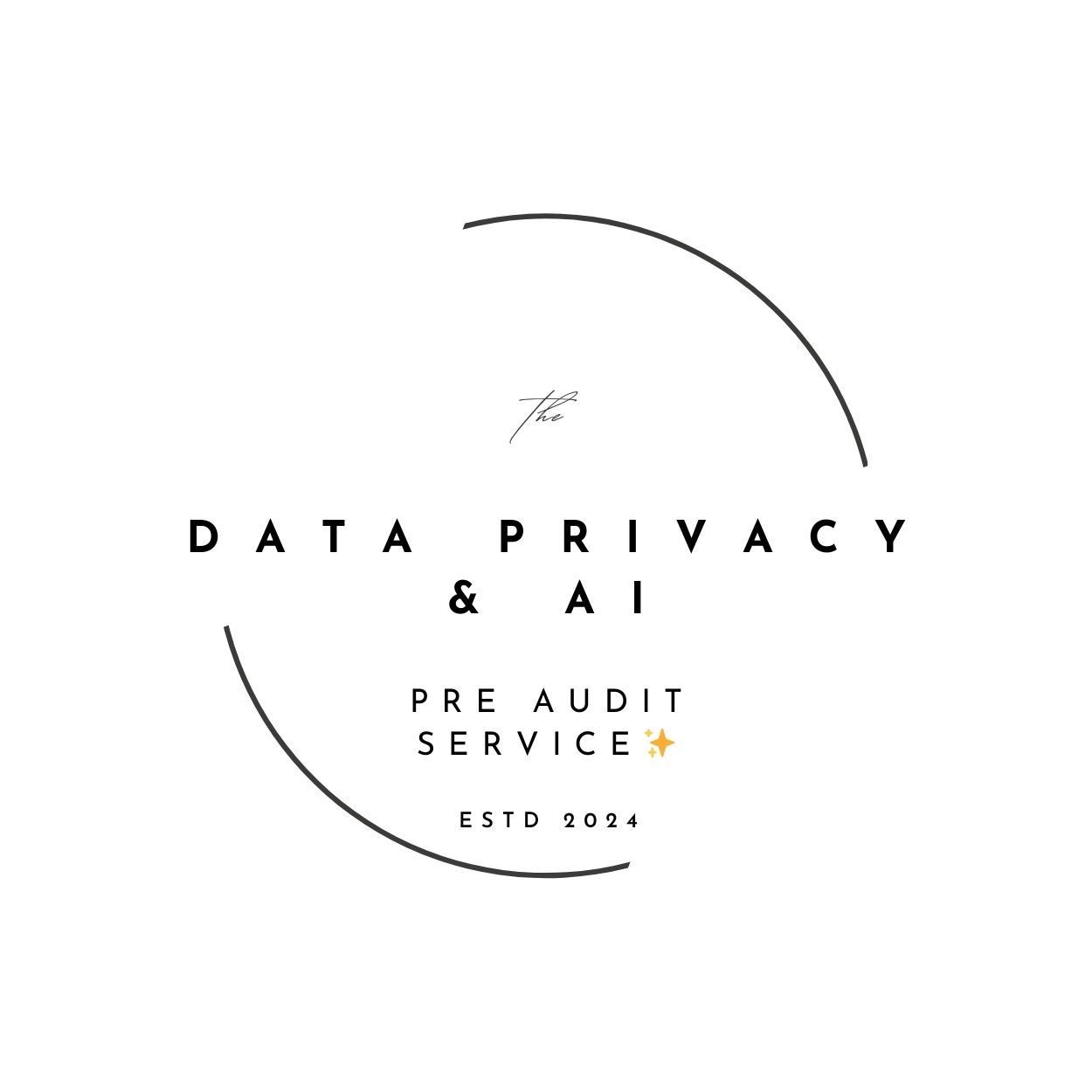AI competence - the basis for a
responsible path with AI
Artificial Intelligence (AI) offers enormous opportunities for companies, public bodies, and other institutions – but these opportunities also bring with them new risks that often go undetected. Article 4 of the AI Regulation (AI Regulation) calls for the development of so-called AI competence, and AI competence is more than just training in AI.
"The Provider and operator of AI systems take measures to the best of their ability to ensurethat its staff and other persons working on its behalf with the Operation and the Use of AI systems are concerned about a sufficient level of AI competencetaking into account their technical knowledge, experience, education and training, the context in which the AI systems are to be used, as well as the persons or groups of persons for whom the AI systems are to be used." (Article 4 AI Regulation)
Who needs AI skills?Providers, operators, distributors or distributors of AI systems or AI models with general purpose, which may be natural or legal persons, public authorities, institutions or other bodies (see Articles 2 and 3 AI Regulation).
Is training sufficient to build sufficient AI competence?
Training is a prerequisite for developing competence. The Federal Institute for Vocational Education and Training (BIBB) defines competence in general terms as "the combination of knowledge and skills in meeting action requirements. Individuals are considered competent if they can generate new actions based on their knowledge, skills, and abilities. The competence concept emphasizes, in particular, the ability to meet demands and situations that particularly require non-routine action and problem-solving." (https://www.bibb.de/de/8570.php)
The AI Regulation defines “AI competence” as the skills, knowledge and understanding that enable providers, operators and data subjects, taking into account their respective rights and obligations under this Regulation,n to use AI systems competently and to be aware of the opportunities and risks of AI and the potential harm it can cause. (AI Regulation Art. 3 No. 56)
Depending on the role - provider, dealer or operator - as well as the context of the industry and organization, as well as the purposes, risk classification and target group that interact with the AI systems / AI models, AI competence is as diverse as AI itself.
5 elements of AI competence according to CFTE (Platform for education in Fintech and the future of financial services)
- Basic knowledge of AI concepts
- basic interactions with AI tools
- critical evaluations of AI results
- Awareness of AI risks and ethical considerations
- Security and trust in dealing with AI
Therefore, AI competence should be based on and aligned with these 5 AI competence areas.
Which roles in organizations should develop AI competence?
AI competence is required at all organizational levels in companies, public bodies, or other institutions – especially where there is direct interaction with AI. But also indirectly, because one's own work is based on AI results. This development not only affects internal personnel; external personnel or temporary workers also require context-specific AI competence.
How can you determine the required AI skills?
Use a survey to check whether the five elements of AI competence mentioned above can be met in the organization, taking into account the previous knowledge of each employee and role.
Is there an obligation to provide evidence of the development of AI competence?
The AI Regulation itself does not explicitly require proof of AI competency. However, proof may arise from other regulatory or company-specific requirements. For example, accountability or liability issues, including insurance company requirements and certifications, may require proof of AI competency. It is therefore always advisable to provide verifiable and regular training on AI competency.
Is a one-time training session sufficient?
No, AI means lifelong learning, as this technology, with its levels of autonomy, continues to develop and learn just like humans do. A continuous training plan is recommended that integrates new AI topics and reinforces existing knowledge.
Author: (c) 2025 Ina Schöne


